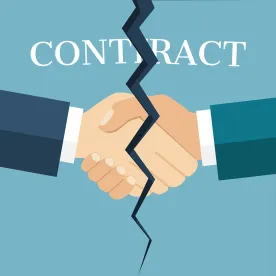A little-noticed decision from earlier this year rendered by the Supreme Court of New York, Westchester County, demonstrates how enforcement of post-employment restrictive covenants will often boil down to a single question: does the restriction protect a legitimate business interest of the employer?
In Cindy Hoffman, D.O., P.C. v. Raftopol, plaintiff applied for a preliminary injunction against its former employee, a physician’s assistant, who began working for a competitor in technical violation of her past employment non-compete restriction which barred her for two years from working for competitors located within fifteen miles of any of the plaintiff-employer’s several offices. Plaintiff asked the court to apply relaxed scrutiny to the covenant, arguing that the physician’s assistant position could be considered to be a “learned profession” in which her services performed were unique and extraordinary. The court declined to apply such deference where the defendant was not in fact a physician. Examining the two year restriction under New York’s traditional reasonableness standard, the court still was reluctant to enforce it as written. Instead, Justice Terry Jane Ruderman blue-penciled the agreement and granted the preliminary injunction only to the extent of preventing the defendant from affirmatively soliciting clients of the plaintiff’s practice for a period of two years.
Safeguarding the plaintiff’s client relationships was the true legitimate business interest worthy of protection, and the court was willing to go no further than that in granting its injunctive relief.




 />i
/>i

